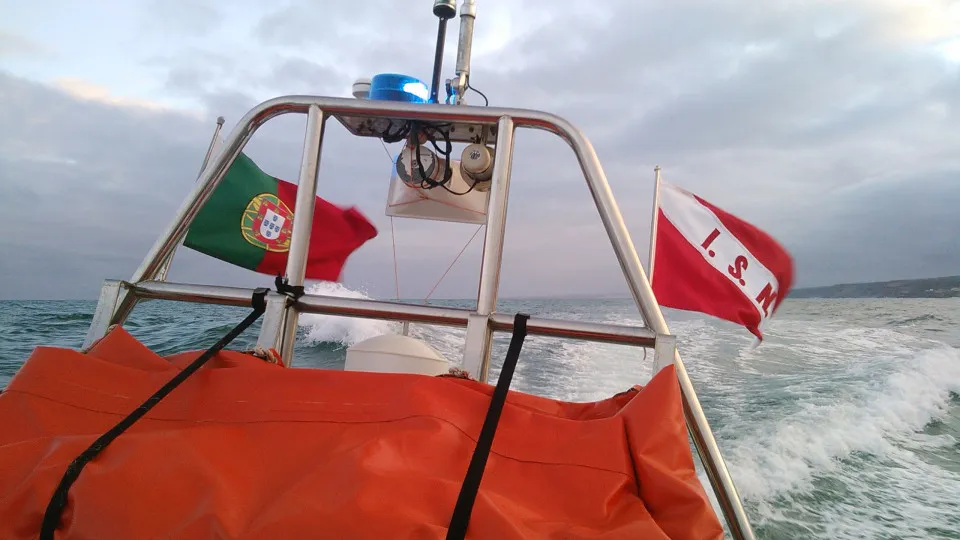
Non-governmental organizations forming the C7 coalition expressed “deep concern” regarding a potential dismantling of this body, with competencies potentially being transferred to the Portuguese Environment Agency (APA) and the Regional Coordination and Development Commissions (CCDR).
“Although the government has not confirmed this possibility so far, the Minister of Environment and Energy, unfortunately, did not completely dismiss it when questioned by journalists,” stated the C7 in a communiqué.
Today, when asked by journalists about a decision on the merger between ICNF and APA, the Minister of Environment, Maria da Graça Carvalho, stated, “I am not even working on that issue.”
The minister was speaking on the sidelines of a campaign presentation about waste.
However, environmentalists argue that the “drastic reduction” in funds to be transferred from the Environmental Fund to ICNF, as foreseen in the current State Budget proposal, heightens concerns over the institute’s responsibilities, particularly regarding the revised Strategy for Nature Conservation and Biodiversity 2030, the Wolf Program, the completion of management plans for the special conservation areas of the Natura 2000 Network, and the National Nature Restoration Plan.
“The C7 considers it essential to express its complete repudiation of any action that might lead to the dismantling of the national nature conservation body,” the document reads.
According to the coalition, the extinction of ICNF “would fragment critical competencies, hindering national and strategic coordination.”
The C7 comprises the Zero association, the WWF fund, GEOTA, LPN, Quercus, FAPAS — the Portuguese Association for the Conservation of Biodiversity, and the Portuguese Society for the Study of Birds (Spea).
The Portuguese Confederation of Environmental Defense Associations also voiced concerns, stating that if the Government proceeds with the fusion of ICNF with APA and CCDR, it would spell “the end of nature conservation in Portugal.”
“Despite its limitations, the ICNF is the only entity with a clear and specialized mission for the conservation of biodiversity, forests, and protected areas,” defended the Confederation.
“The APA and CCDR neither have the vocation nor the technical capacity to assume this responsibility. This merger would be a historical setback, dismantling all that has been achieved through years of work, dedication, and struggle,” the structure added.
Speaking to journalists, the minister assured that everything done will “always respect the work of ICNF.”
The PAN party today requested an urgent hearing with the minister on this issue.
The request, similar to one already presented by Livre, follows a report by the Expresso newspaper on Tuesday, stating that the Government intends to dismantle the Institute for Nature Conservation and Forests (ICNF) as it currently exists and divide its competencies between APA and CCDR.
On Thursday, the Order of Biologists also opposed a potential integration of the Institute for Nature Conservation and Forests into the Portuguese Environment Agency and transferring responsibilities to the Regional Coordination and Development Commissions.
The ICNF will receive 44.7 million euros for protected areas, fire prevention, or climate change, according to the State Budget proposal for 2026.
The document, submitted by the Government last week and available on the Assembly of the Republic’s website, forecasts the transfer of proprietary revenues from the Environmental Fund up to a limit of 44,750,000 euros for the ICNF, aimed at projects managing protected areas, forest fire prevention, and nature conservation.
The funds also target land-use planning projects, adaptation to climate change, payments to forest ranger teams, technical forest offices, and “common land grouping.”
The allocation for 2026 is lower than the current budget (53.2 million), which represented a doubling of funds from 2024.
It is also anticipated that the ICNF, as the national forest authority, will be transferred to local municipalities under contracts signed or to be signed within the Environmental Fund framework, but without a specified allocation.
The proposal also admits transfers from the ICNF to “entities, services, and competent bodies in the area of national defense, to support costs with surveillance and fuel management in forest areas under state management,” under a protocol to be signed within the Environmental Fund framework.




